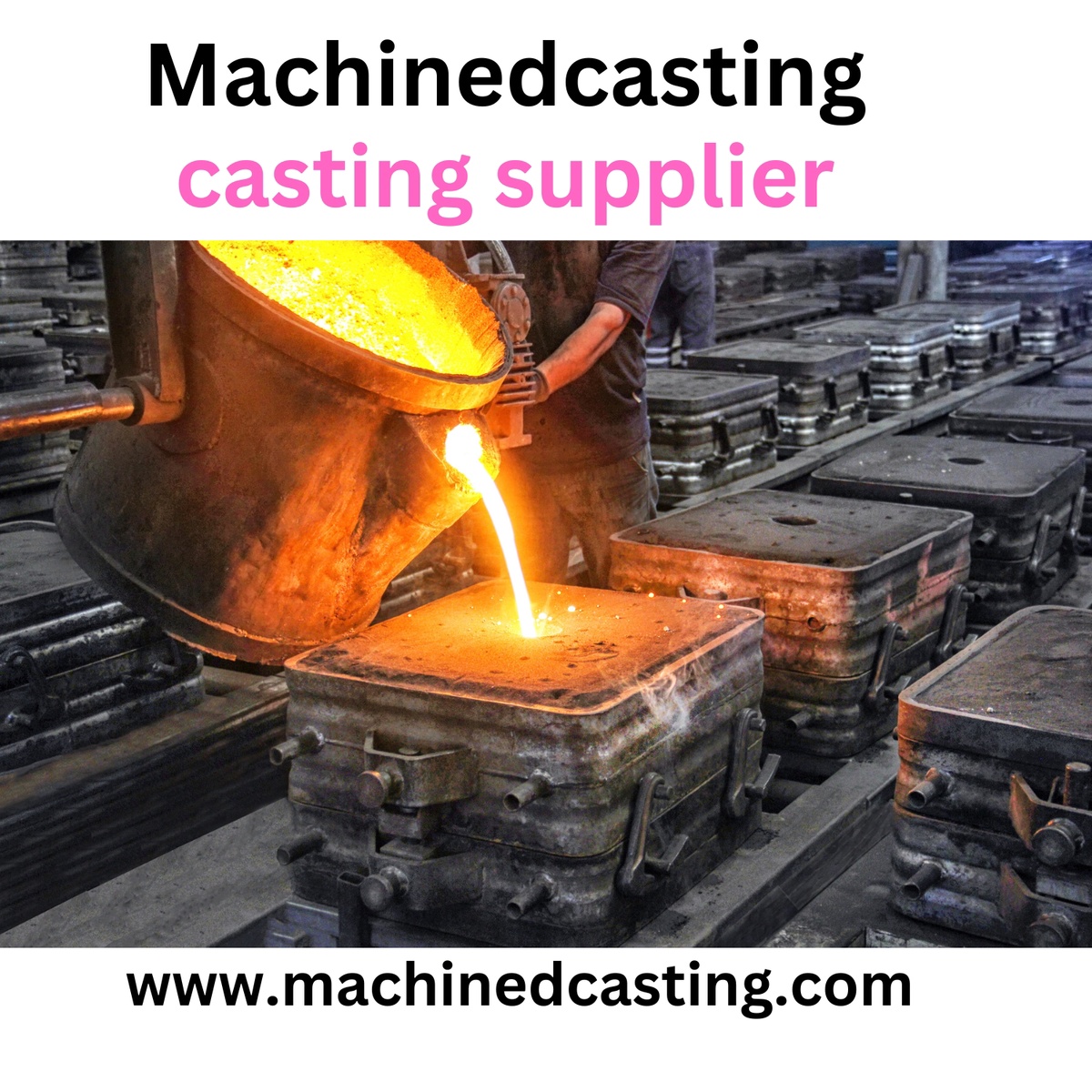Selecting the right casting supplier is crucial for any industry that relies on metal components and parts. Whether you're in automotive, aerospace, or any other field, finding a reliable casting supplier can greatly impact the quality and performance of your products. In this detailed guide, we will walk you through the essential steps and considerations to help you choose the best casting supplier for your specific needs.
- Define Your Requirements
Before you start searching for a casting supplier, it's essential to clearly define your project's requirements. Consider factors like:
a. Materials: What type of metal or alloy is suitable for your application? Do you require ferrous or non-ferrous materials?
b. Volume: How many parts or components do you need? Are you looking for a low-volume prototype run or high-volume production?
c. Tolerances: What are the precision and tolerances your parts demand? Define the exact specifications to avoid any misunderstandings.
d. Lead Time: What is your timeline? Understanding your project's deadlines is crucial for selecting a supplier who can meet them.
- Research Potential Suppliers
Start by researching potential casting suppliers. You can use various methods, including:
a. Online Searches: Look for casting suppliers online through search engines, directories, and industry-specific websites.
b. Industry Recommendations: Seek recommendations from colleagues, industry associations, and trade shows.
c. Supplier Directories: Utilize supplier directories to find a list of casting suppliers that match your requirements.
- Assess Supplier Capabilities
Once you have a list of potential casting suppliers, assess their capabilities by considering the following factors:
a. Experience and Reputation: How long has the supplier been in business, and what is their reputation within the industry? Check for customer reviews and references.
b. Facilities and Equipment: Visit the supplier's facilities if possible, or at least inquire about their equipment and technology. Ensure they have the necessary machinery for your project.
c. Quality Control: Inquire about their quality control processes, certifications (such as ISO 9001), and inspection methods to ensure consistent quality.
d. Capacity: Does the supplier have the capacity to meet your production volume requirements? Can they handle large-scale orders if needed?
- Request Quotations and Proposals
Contact the selected casting suppliers and request detailed quotations and proposals. A comprehensive proposal should include:
a. Pricing: Clear and transparent pricing for materials, labor, tooling, and any additional costs.
b. Lead Time: An estimated production timeline, including any setup and tooling times.
c. Quality Assurance: Information on their quality control processes and how they ensure the parts meet your specifications.
d. Communication: Clear lines of communication and points of contact throughout the project.
e. References: Request references or case studies of similar projects they have successfully completed.
- Evaluate Pricing and Value
While pricing is important, it's equally crucial to consider the overall value a casting supplier offers. Cheaper options may not always provide the quality and reliability you need. Evaluate each proposal in terms of quality, lead time, and the supplier's ability to meet your specific requirements.
- Visit the Supplier
Whenever possible, visit the casting supplier's facilities in person. This allows you to assess their operations, quality control measures, and overall capabilities firsthand. It also provides an opportunity to meet the team responsible for your project and build a stronger working relationship.
- Negotiate Terms and Contracts
Once you've identified the ideal casting supplier, negotiate the terms of the contract. Ensure that all terms, including pricing, lead times, quality standards, and delivery schedules, are clearly defined in the contract. This step helps prevent misunderstandings and ensures both parties are aligned.
Conclusion
Choosing the right casting supplier is a critical decision that can significantly impact your product's quality, cost, and overall success. By following the steps outlined in this comprehensive guide, you can make an informed choice that aligns with your project's requirements and objectives. Remember that a thorough evaluation of potential suppliers and clear communication are key to building a successful and long-lasting partnership with your chosen casting supplier.


No comments yet